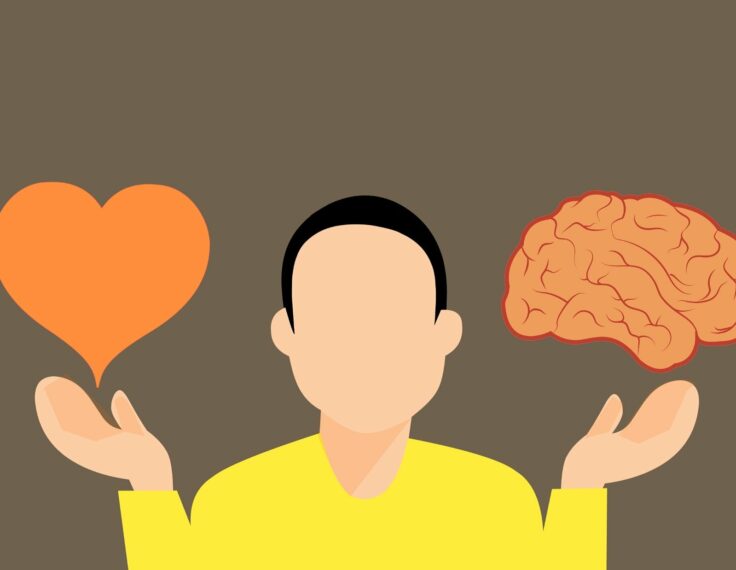Explore All Articles
All Articles
Article Topic

A playbook for mapping adolescent interactions with misinformation to perceptions of online harm
Gowri S. Swamy, Morgan G. Ames and Niloufar Salehi
Digital misinformation is rampant, and understanding how exposure to misinformation affects the perceptions and decision-making processes of adolescents is crucial. In a four-part qualitative study with 25 college students 18–19 years old, we found that participants first assess the severity of harms (e.g.,

User experiences and needs when responding to misinformation on social media
Pranav Malhotra, Ruican Zhong, Victor Kuan, Gargi Panatula, Michelle Weng, Andrea Bras, Connie Moon Sehat, Franziska Roesner and Amy Zhang
This study examines the experiences of those who participate in bottom-up user-led responses to misinformation on social media and outlines how they can be better supported via software tools. Findings show that users desire support tools designed to minimize time and effort in identifying misinformation and provide tailored suggestions for crafting responses to misinformation that account for emotional and relational context.

Does incentivization promote sharing “true” content online?
Hansika Kapoor, Sarah Rezaei, Swanaya Gurjar, Anirudh Tagat, Denny George, Yash Budhwar and Arathy Puthillam
In an online experiment in India, incentives for sharing factual posts increased sharing compared to no incentivization. However, the type of incentive (monetary or social) did not influence sharing behavior in a custom social media simulation. Curbing misinformation may not require substantial monetary resources; in fact, social media platforms can devise ways to socially incentivize their users for being responsible netizens who share true information.

Audio misinformation on WhatsApp: A case study from Lebanon
Azza El-Masri, Martin J. Riedl and Samuel Woolley
Since 2019, Lebanon has witnessed sequential crises that have routinely spurred media attention. A great deal of misinformation has proliferated during these events, much of it spreading on WhatsApp. One format is particularly understudied: audio instant messages, otherwise known as voice notes.

Happiness and surprise are associated with worse truth discernment of COVID-19 headlines among social media users in Nigeria
Leah R. Rosenzweig, Bence Bago, Adam J. Berinsky and David G. Rand
Do emotions we experience after reading headlines help us discern true from false information or cloud our judgement? Understanding whether emotions are associated with distinguishing truth from fiction and sharing information has implications for interventions designed to curb the spread of misinformation.

COVID-19
Anger contributes to the spread of COVID-19 misinformation
Jiyoung Han, Meeyoung Cha and Wonjae Lee
A survey conducted over South Korean adults (N=513) reveals that emotions, specifically anger, contribute to the broader spread of misinformation on COVID-19 by leading angry individuals to consider false claims to be “scientifically credible.” This pattern is more evident among conservatives than liberals.
